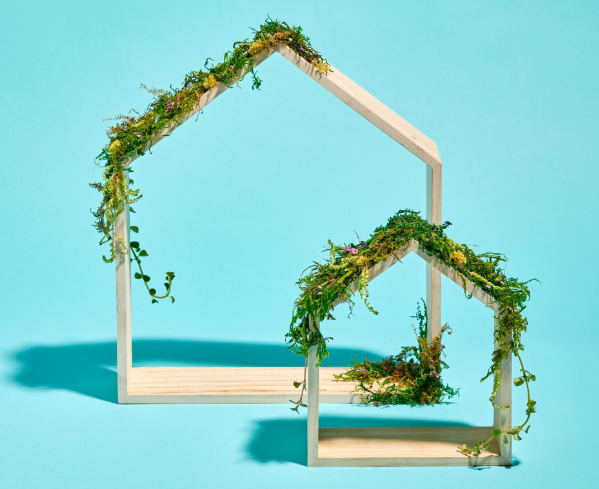
|
Getting your Trinity Audio player ready...
|

Eco-Friendly Fashion Takes Time
The first thing to keep in mind when considering eco-friendly fashion is that it takes time. Sustainable fashion is not a quick fix and requires a lot of research and dedication to find out what brands are doing right. Many of the most sustainable and ethical fashion labels are just starting, so they may not be as widely known or accessible yet. However, these companies often have smaller collections with fewer pieces, which can be great if you’re looking for something unique.
Materials Used In Eco-Friendly Fashion
The materials used in eco-friendly fashion are usually natural or recycled fabrics like organic cotton, bamboo, hemp, and linen. Synthetic materials like polyester, nylon, and acrylic are made from petroleum-based products and can take centuries to break down in landfills. Natural fabrics are not only more sustainable but also more breathable and comfortable than synthetic fabrics.
Sustainable Shopping Practices
When shopping for eco-friendly fashion items, it’s important to make sure you’re supporting brands that use ethical practices. This means ensuring that the factories where the clothes are made adhere to fair labor laws and environmental regulations. It’s also important to buy quality pieces that will last longer so you don’t have to keep replacing them.
Thinking More Loosely About Your Wardrobe
Eco-friendly fashion is all about being conscious of your wardrobe and how it affects the environment. It’s important to think more broadly about your wardrobe and to consider items that can be worn in multiple ways or that can be easily repurposed or upcycled. For example, you can buy a basic black dress and then accessorize it with different scarves, jewelry, and shoes to create new looks.
Sustainability Should Lead The Way
Overall, sustainable fashion is becoming increasingly important as the effects of climate change become more and more apparent. The fashion industry needs to take responsibility for its impact on the environment and shift towards ethical practices that prioritize sustainability. By making informed decisions about what you buy and support, you can help make a difference in the future of our planet.
The Influence of Mainstream Designers
In recent years, mainstream fashion designers have begun to embrace eco-friendly practices in their designs. This is a positive step towards sustainability, as it shows that even the biggest names in fashion are taking responsibility for their impact and making changes accordingly. As more and more designers become involved in sustainable fashion, eco-friendly options will likely become more widely available and accepted by the public. Not only that, but it will also provide more opportunities for smaller, independent labels to make an impact in the fashion industry.
Taking a Stand Against Wildlife Exploitation
The evolution of animal exploitation in the fashion industry has been a long and difficult one. Many brands still use real fur, leather, and exotic skins in their designs, even though they often source these materials from animals who suffer greatly during their captivity. By supporting eco-friendly and ethical fashion labels, you can take a stand against animal exploitation and help promote sustainable practices in the fashion industry.
Embracing Computer-Aided Fashion Design
Computer-aided fashion design (CAFD) is becoming increasingly popular as it allows designers to create garments quickly and accurately. By using CAFD, designers can save time, reduce wastage, and increase the sustainability of their designs. This technology has the potential to revolutionize the fashion industry and make eco-friendly practices more commonplace.
Conclusion
Eco-friendly fashion is an important part of creating a more sustainable future for our planet. By taking the time to research brands and materials, shopping responsibly, and thinking more broadly about your wardrobe, you can make positive changes in the fashion industry. Additionally, it’s important to remember that by supporting eco-friendly and ethical fashion labels, you can help combat animal exploitation and create a more sustainable future for all.
